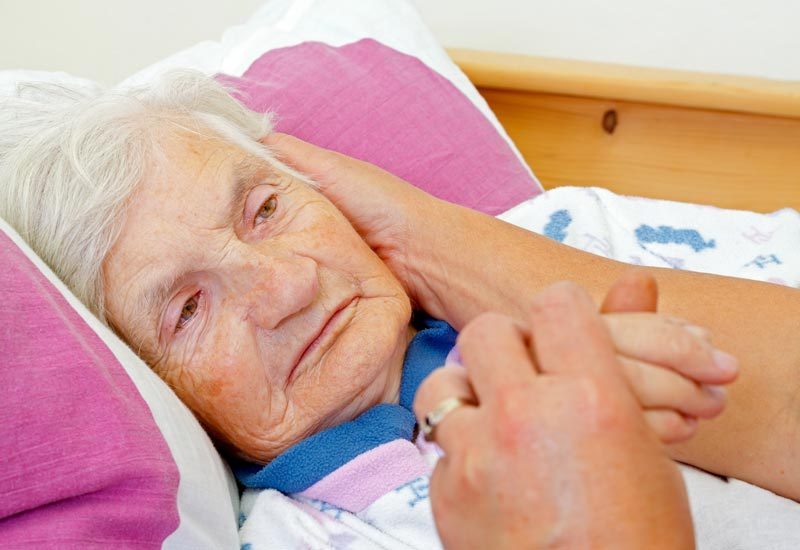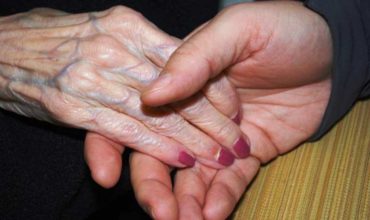Caregivers are artists at feeling guilty. Check it out for yourself. How many times a day do you sink into self-blaming comments such as, “I’m so terrible because I put my husband/wife/parent in a nursing home…because I just couldn’t stay up all night when he/she was sick…because I don’t know the right thing to do”? Sometimes I think guilt is the caregiver’s state religion!
Caregivers care so much that they assume they are responsible for how everything turns out.
Not so.
The illness of someone we love and a great many of the surrounding circumstances are out of our control. True, we can do a number of things to try to be helpful, but we’re not responsible for the outcome. Really!
That’s one of the hardest things to accept about being a caregiver. We can’t control the illness, or how the medication works, or how the medical or social service systems work (for the most part), or how our loved one or anyone else around us thinks, feels, or acts. Oh, how we want to! We’d sure like things and people to be different than they are. And if we have any controlling tendencies, we’re determined to jump in there and get things straightened out, aren’t we?
Sometimes, that’s a good thing. We go to bat for our loved one to get them what they need against all odds, and we feel darn proud of it.
But mostly, a whole lot of what happens when someone we love is sick is out of our control, and no matter how determined we are or how nice we try to be, we can’t change it. We especially can’t change how others around us think or behave. And in truth, we’re not in charge of that. That’s their business. We’re only responsible for our own thoughts and actions. Yet, we may find ourselves getting all scowl-faced over how others are acting, and then on top of that, blame ourselves for not being able to fix them to our liking.
Well, maybe we’re taking on way more than makes sense. We’re assuming we should do everything perfectly and also taking the blame if others aren’t perfect as well. The catch is that, even if we got everyone around us acting “right,” we still can’t control the outcome. Illnesses will get better or worse. We’ll be too tired to do more sometimes. People will be happy — or not. Our insistence on having things turn out different than they do, and the guilt we take on when it doesn’t happen, only serve to wear us out.
For the most part, we’re not in control, and the good news is we don’t have to be. We can take ourselves off the hook. We do what makes sense in each moment, and that’s enough. (Really now, what more can we do?) In the end, we’re better off if we trust the outcome to a power greater than ourselves and kiss guilt goodbye.
Pat Samples helps caregivers find peace of mind through her books Daily Comforts for Caregivers; Comfort and Be Comforted; and Self-Care for Caregivers: A Twelve Step Approach.
Related items
How to Take Care of Yourself While Taking Care of a Loved One?
Remember: your needs are important too! Caring for a loved one is an emotional task and ca
With What Things Should We Have Outside Help For Eldercare?
THIRD IN A SERIES: EASY ANSWERS TO TOUGH QUESTIONS ABOUT ELDERCARE
You can read the first






